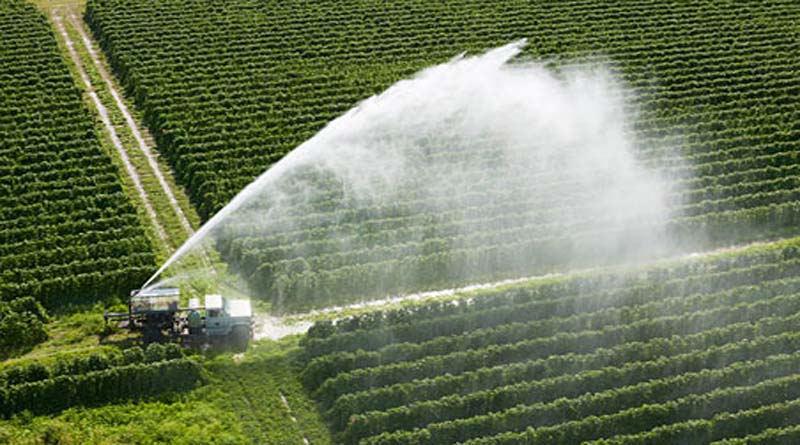“Climate change, high population responsible for hunger, poverty in Africa’s drylands”
Climate change, high population pressure and unsustainable land practices are the converging factors undermining livelihoods, and leading to low agricultural productivity in the drylands of West and Central Africa (WCA) regions, says Jibrin Jibrin, a professor of soil science cum director of the Centre for Dryland Agriculture (CDA), an Africa Centre of Excellence (ACE), domiciled at Bayero University in Kano, Nigeria.

“Livelihood in this region [drylands of West and Central Africa] are further undermined by several converging factors including climate change, high population pressures, unsustainable land use practices, the low agricultural productivity, and weak markets. However, despite the problems, the African dryland areas possess huge untapped potentials due to the rich plan and animal biodiversity, abundant solar radiation, and opportunities for agricultural intensification,” said Professor Jibrin.
He made the assertion Monday while speaking at the formal launch of the CDA’s Africa Centre of Excellence for Development Impact (ACE Impact) project in dryland agriculture cum launch of CDA’s training and research farm.
“A large proportion of the population in drylands relies on natural resource-based livelihood activities, such as farming and herding. The crop and livestock production systems are generally technology-driven and are characterised by poor production and post-harvest practices, which lead to low yields and high-levels of losses. These issues are among the root causes of the accompanying problems of hunger and poverty in drylands of West and Central Africa,” he said.
The CDA is one of 22 such Africa Centres of Excellence (ACEs) in the West and Central African sub-regions, under the Africa Centres of Excellence (ACE) project. Instituted in 2013, the ACE is a World Bank-supported project of the governments of Burkina Faso, Republic of Benin, Ghana, Cameroun, Nigeria, Togo and Senegal, aimed at addressing common regional development challenges, by promoting regional specialization amongst universities across the participating countries within the WCA sub-regions.
In 2014, the CDA won a 5 million USD grant from the World Bank ACE Impact project, making it an Africa Centre of Excellence specialised in dryland agriculture. Five years later, in 2019, the Centre won another 5 million USD grant from the World Bank to “Consolidate on its previous achievements and work with relevant sectorial key players to develop and mount training, research and outreach programmes that will make direct impact on the livelihoods of the inhabitants of the dryland of West and Central Africa.”










